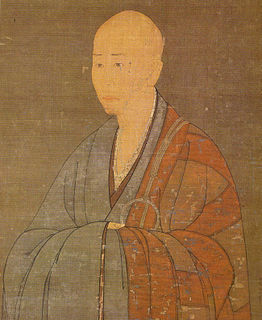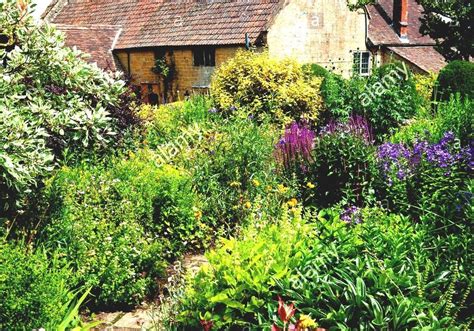A Quote by Peter McWilliams
That's what depression had wrought inside me: one, vast, barren rock garden-without the garden
Related Quotes
Zen is to religion what a Japanese "rock garden" is to a garden. Zen knows no god, no afterlife, no good and no evil, as the rock-garden knows no flowers, herbs or shrubs. It has no doctrine or holy writ: its teaching is transmitted mainly in the form of parables as ambiguous as the pebbles in the rock-garden which symbolise now a mountain, now a fleeting tiger. When a disciple asks "What is Zen?", the master's traditional answer is "Three pounds of flax" or "A decaying noodle" or "A toilet stick" or a whack on the pupil's head.
Inside every one of us is a garden, and every practitioner has to go back to their garden and take care of it. Maybe in the past, you left in untended for a long time. You should know exactly what is going on in your own garden, and try to put everything in order. Restore the beauty; restore the harmony in your garden. If it is well tended, many people will enjoy your garden.
I find one vast garden spread out all over the universe. All plants, all human beings, all higher mind bodies are about in this garden in various ways, each has his own uniqueness and beauty. Their presence and variety give me great delight. Every one of you adds with his special feature to the glory of the garden.
Once in those very early days my brother brought into the nursery the lid of a biscuit tin which he had covered with moss and garnished with twigs and flowers so as to make it a toy garden or a toy forest. That was the first beauty I ever knew. What the real garden had failed to do, the toy garden did. It made me aware of nature-not, indeed, as a storehouse of forms and colors but as something cool, dewy, fresh, exuberant....As long as I live my imagination of Paradise will retain something of my brother's toy garden.
The Japanese garden is a very important tool in Japanese architectural design because, not only is a garden traditionally included in any house design, the garden itself also reflects a deeper set of cultural meanings and traditions. Whereas the English garden seeks to make only an aesthetic impression, the Japanese garden is both aesthetic and reflective. The most basic element of any Japanese garden design comes from the realization that every detail has a significant value.
you mustn't rely on your flowers to make your garden attractive. A good bone structure must come first, with an intelligent use of evergreen plants so that the garden is always clothed, no matter what time of year. Flowers are an added delight, but a good garden is the garden you enjoy looking at even in the depths of winter.





































